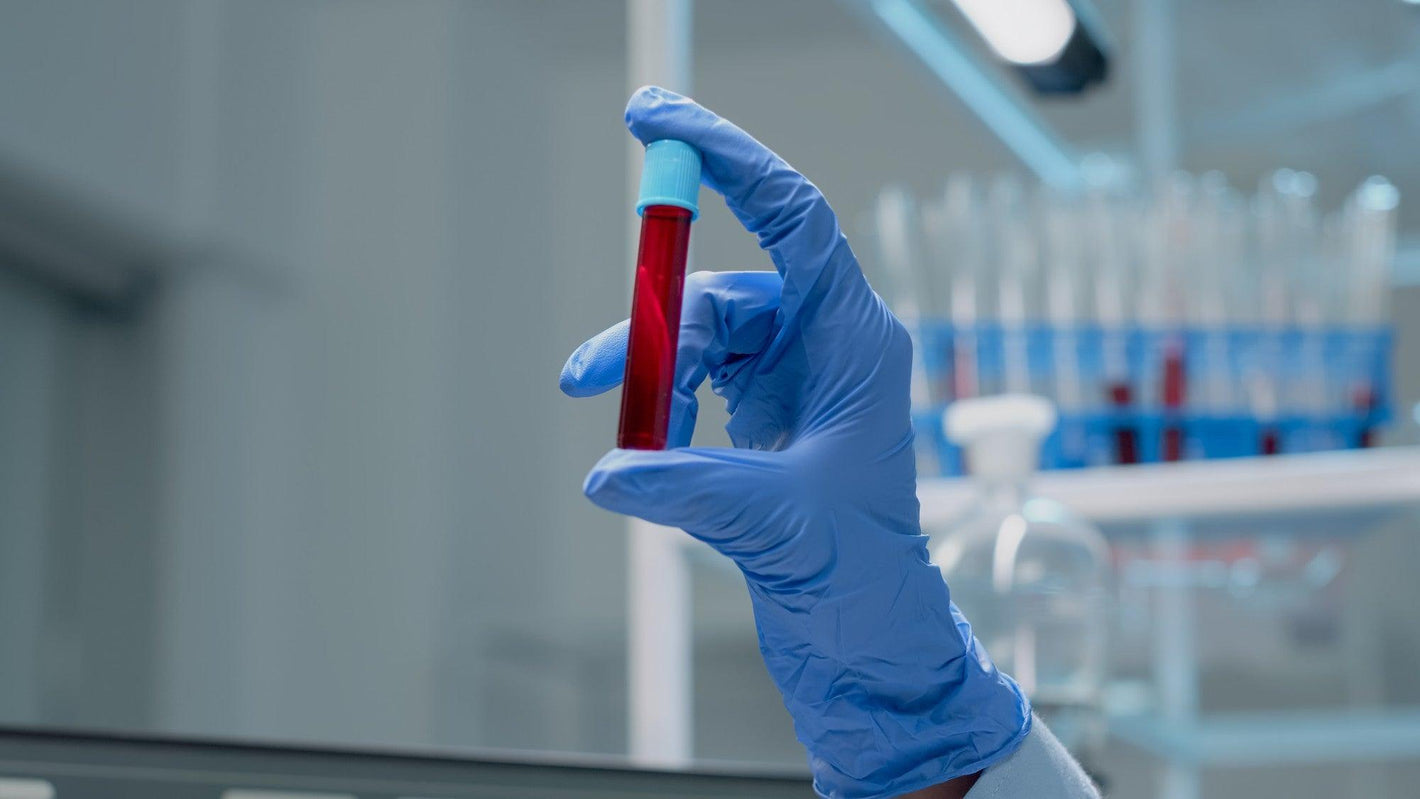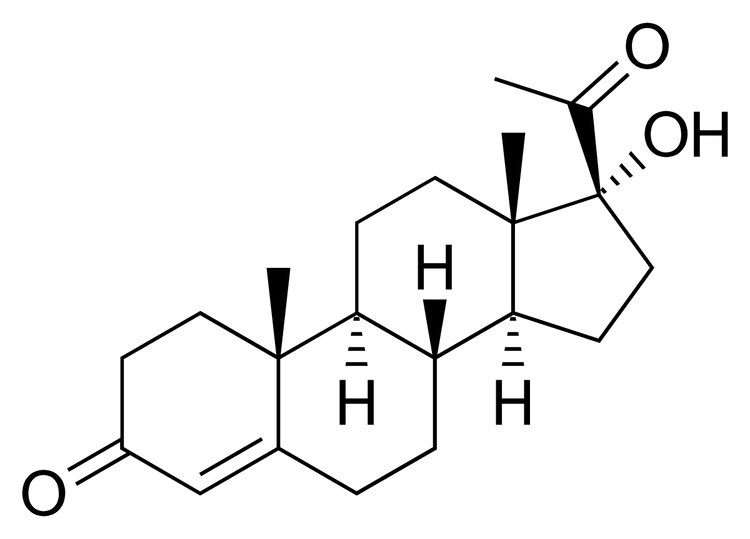Why is my blood test result labelled insufficient?


Related products
When you receive a blood test result marked as "insufficient", it can be both confusing and frustrating. Whether you are monitoring ongoing health concerns, undergoing routine screening, or simply taking proactive steps to better understand your body, not receiving valid test results can feel like a setback. The term "insufficient sample" refers to a scenario where the laboratory was not able to perform one or more of the requested tests due to a lack of viable blood in the submitted sample. This issue is particularly common with at-home finger-prick blood testing kits, though it can also occur in clinical settings.

In many cases, an insufficient sample is not due to a fault in the test kit or laboratory process, but rather the collection method or the condition of the blood itself. Whether it’s a case of not collecting enough blood in the provided tubes, or the sample lacking the necessary serum for analysis, the outcome is the same: incomplete or inconclusive results. For patients and health-conscious individuals, understanding why this happens and how to prevent it is essential to avoid delays and get the most accurate picture of their health.
With an increasing number of tests available for home use, Welzo provides a dedicated platform offering a wide range of self-administered diagnostics. You can explore their full selection of home blood tests here: Welzo Home Blood Tests. The page offers convenient access to everything from hormone panels to vitamin screening—designed to bring clinical-level health insights to the comfort of your home.
This article will explain the most common causes of insufficient samples in blood testing, particularly for at-home kits, and provide detailed, practical advice on how to maximise your chances of collecting a viable sample. We’ll also explore factors that affect blood serum levels, how hydration and temperature play a role, and the importance of technique in the collection process. Finally, we’ll cover what to do if you receive an insufficient sample notification, and why consistency in your approach is key to avoiding repeat issues.
What Does an "Insufficient Sample" Mean?
An “insufficient sample” in the context of a blood test refers to a situation where the laboratory is unable to conduct a complete analysis due to the inadequacy of the sample received. This inadequacy can be related to volume (not enough blood collected) or quality (lack of usable serum for testing). In either case, the results may be partially available or entirely unavailable, depending on which biomarkers were measurable with the existing blood sample.
With Welzo’s extensive product range, you’ll notice that some tests, like the Advanced Thyroid Function Blood Test, require multiple markers to assess thyroid health accurately. Without sufficient blood, one or more critical readings could be missed, limiting the diagnostic value of the result.
Other complex panels, such as fertility hormone checks or stress-response tests, also rely on both serum volume and sample stability. Take, for example, the Cortisol Blood Test—a key tool for assessing adrenal health. Insufficient blood or compromised serum can lead to a skewed picture, potentially masking underlying issues.
Understanding exactly why your sample was insufficient is the first step in addressing the issue—and preventing it from happening again. Your test provider will usually indicate whether the issue was due to volume or serum, and they may offer a replacement kit free of charge for you to try again.
Common Cause 1: Not Enough Blood Collected by the User
A significant number of insufficient samples occur because the individual simply didn’t collect enough blood during the finger-prick process. Although this may sound straightforward, obtaining the required volume from a fingertip is more difficult than it appears—especially for first-time users or those unfamiliar with blood collection procedures.
Consider a test like the AMH Blood Test, used to estimate ovarian reserve and fertility potential. This test needs a certain blood volume to measure hormone levels accurately. A partially filled collection tube could leave you with no results—or worse, misleading ones.
To avoid this situation:
-
Read all instructions beforehand
-
Use the correct finger and warm the hand thoroughly
-
Let gravity assist you by keeping your hand below heart level
-
Collect blood continuously—don't pause between drops
-
Avoid squeezing the finger too much, which may dilute the blood
Proper preparation and patience are key. It’s a common learning curve for new users, but one that becomes easier with a little practice and the right environment.
Common Cause 2: Insufficient Blood Serum
Even when enough blood is collected, a sample may still be marked as insufficient if there is not enough serum present in the blood. Serum is the clear, straw-coloured fluid that remains after blood clots and the cells are removed. It contains essential biomarkers that laboratories measure, including electrolytes, hormones, enzymes, and vitamins.
Tests like the Cholesterol Blood Test rely on serum to measure different types of lipids in your bloodstream. Without enough clear serum, the lab may not be able to run total cholesterol, HDL, LDL, and triglycerides collectively—rendering the report incomplete or unusable.
This is where proper hydration and storage matter. Even if you filled your tube completely, serum quality can still be poor if:
-
You were dehydrated before testing
-
The sample was exposed to extreme temperatures
-
There were delays in sending the sample to the lab
Being proactive about hydration and collection timing can greatly increase the chances of receiving accurate results across your entire test panel.
How Dehydration Affects Blood Test Quality
Hydration is often overlooked, yet it plays a vital role in successful blood testing. Your body needs adequate fluid levels to produce blood with a balanced concentration of plasma and serum. When you're dehydrated, your blood becomes more viscous and sluggish, making it harder to draw and harder for the lab to extract the serum needed for most biochemical tests.
For example, the Free Testosterone Blood Test evaluates hormonal balance, which can be sensitive to serum volume and timing of collection. If you're dehydrated, serum may clot poorly, affecting testosterone measurements and leading to unreliable outcomes.
To support better test performance:
-
Begin hydrating the day before your test
-
On test day, drink a glass of water 30–60 minutes before pricking your finger
-
Avoid alcohol and caffeine 24 hours before the test
-
Consider avoiding saunas or excessive sweating the night prior
Simple lifestyle adjustments can drastically improve your chances of collecting a complete and viable blood sample.
How to Improve Blood Flow Before and During Collection
One of the most practical ways to avoid insufficient samples is by promoting better blood flow. Good circulation ensures a steady, usable stream of blood that is easier to collect and more suitable for lab analysis. This is especially important for more advanced screenings such as the CRP Blood Test, which assesses inflammation levels and requires high-quality serum.
Here are steps you can take:
-
Warm up your entire body beforehand with light movement
-
Soak your hand in warm water for 5–10 minutes
-
Massage from your wrist to fingertip to encourage flow
-
Avoid pricking in a cold room or after prolonged sitting
-
Swing your arm gently in a circular motion for 30 seconds to promote blood pooling in the hand
These measures create optimal conditions for a smooth collection, helping reduce the likelihood of clotting too quickly or failing to reach the necessary volume.
What to Do If You Get an Insufficient Sample Result
If your test is marked “insufficient,” it’s essential not to panic. It happens frequently, especially with self-administered kits. What matters most is how you respond and prepare for your next attempt.
Start by reviewing the issue: was it a matter of blood volume, or serum inadequacy? Understanding this will shape your approach. Welzo typically provides replacement kits in such cases, and their All Health Tests collection includes easy-to-follow instructions for every test, making your second attempt much more manageable.
Browse other relevant panels too—if you're exploring broader insights into lifestyle, hormones or wellness trends, their All Nutrition & Intolerance Tests can help round out your health assessment journey.
Above all, remember that these tests are meant to empower you with data about your body. A single failed attempt does not invalidate that effort. With each trial, your technique improves, and so do your outcomes.
Conclusion: Why Preparation and Awareness Are Key
Insufficient blood samples are a common but preventable issue in the world of at-home blood testing. While it may seem like a minor inconvenience, receiving an inconclusive result delays critical insights into your health. This can be especially impactful if you're tracking long-term conditions, monitoring nutritional levels, or screening for health risks.
The most common causes—insufficient volume and low serum—are directly linked to user preparation, technique, and physical condition at the time of testing. By understanding these factors and implementing preventative measures, you can drastically improve your likelihood of a successful test.
Welzo offers a user-friendly platform that bridges science and accessibility, with tests tailored to both general wellness and specific conditions. Their extensive offerings, from the Vitamin D Blood Test to the Diabetes Blood Test Kit, provide convenient, clinical-grade diagnostics at your fingertips.
Whether you're focusing on fertility, fitness, fatigue, or nutrition, a bit of preparation goes a long way. Explore their curated collections and product guides to ensure your next test delivers everything you need. The journey to better health starts with better insight—make sure your sample gets you there.

































 Rated Excellent by 26,523+ Reviews
Rated Excellent by 26,523+ Reviews